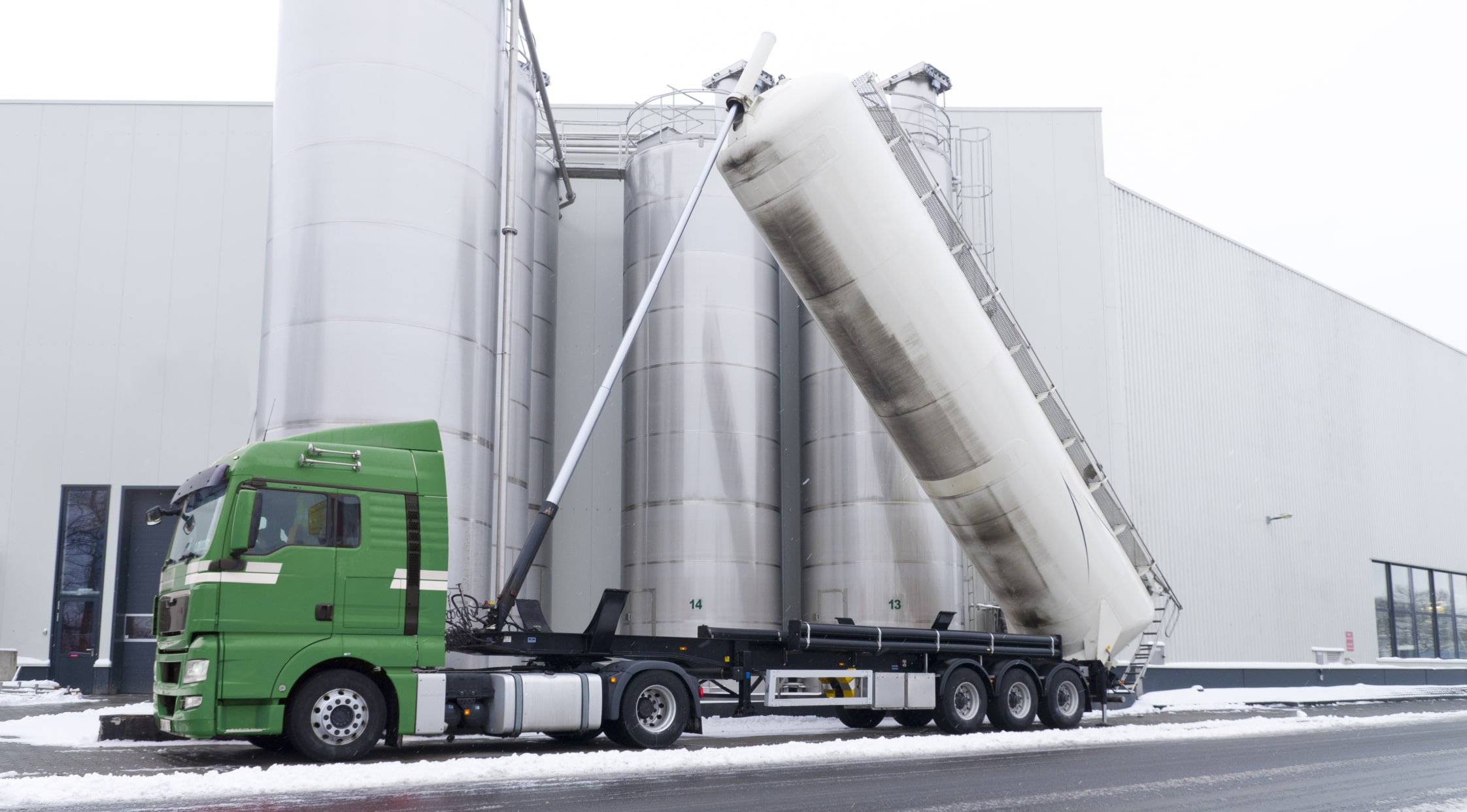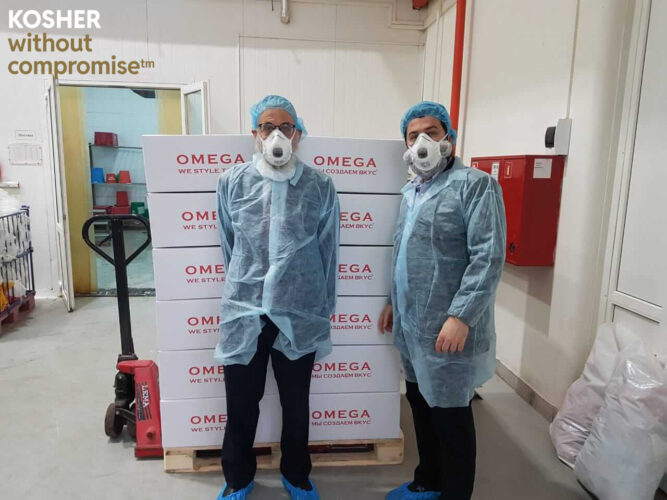
Certifying Logistics Companies and Wash Stations as Kosher
The rules of kosher extend beyond ingredients and products. Non-kosher bulk product transported in otherwise kosher vessels will usually render the cargo at hand non-kosher. For this reason, trucks or other reusable containers used to transport kosher products need to be approved by an authoritative kosher body.
Get Kosher Transport Certified
Get a Free Consultation
Find a Kosher Wash Station
Why might you need to certify your transport program?
Kosher law often requires a particular transport operation to be kosher supervised (i.e. certified) for it to be approved for kosher use. However, that isn’t always the case. It requires expert knowledge to discern what invalidates a load or a fleet’s kosher status, and how to reestablish it. That’s why many food and beverage companies require all trucks delivering ingredients to them or hauling their products be certified as kosher. Furthermore, many transport companies will opt for kosher certification of their operations independently. Could this be the case for your company?
OK Kosher is a pioneer and an early innovator in kosher transport certification. Indeed, we have decades of experience certifying transport and can provide this service almost anywhere in the world.
But what exactly does your company need in terms of kosher transport certification? There are two different types of setup in this regard.
The Two Types of Kosher Transport Certification.
There are two ways in which we certify transport operations.
Not sure which certification you need?
Fill out a transport application form – free of obligation or any fees – to determine which certification is right for your company’s needs.
Kosher truck, ISO tank, Flexitank or railcar: Certifying the vessel itself.
- Carry only kosher certified or inherently kosher materials,
- Use exclusively kosher certified truck washes, and
- Undergo a “kosher upgrade wash” after being used for non-kosher items (this may not be approvable in all cases).
To do this, typically, the inspecting rabbi will review the truck’s logs and records to confirm compliance with the above requirements. Third party surveyors are a good resource for verifying records.
Need to find a kosher truck wash station? Find one here.
Kosher wash: certifying the process.
As mentioned above, any truck certified as kosher will need to use only kosher wash stations that are approved to perform kosher washes.
What makes a truck wash non-kosher?
If a truck wash were to use the same water used to clean a non-kosher truck to wash an otherwise kosher truck, this wash water could render the truck non-kosher. Therefore, in a kosher wash scenario, water left over from the final rinse of a non-kosher truck may not be reused for the washing of kosher trucks. Occasionally, we’ll need to designate steam systems as kosher too.
What is a Kosher Upgrade Wash?
In some cases, a truck wash provider can offer an added service, called a “kosher upgrade wash,” sometimes called “kosherization.” This wash type will give a kosher status to a truck that was otherwise non-kosher.
A kosher upgrade wash typically entails:
- Two wash cycles of close to 212° F (100° C) each, or
- If the tank has been empty for 24 hours, then a single wash cycle.
- Steam cleaning at 100° C for 30 minutes can also substitute for the wash cycle.
In many cases, we require a rabbi to be present for this kosher upgrade, or kosherization process. However, in some cases, we can set up a system by which the rabbi can monitor the setup during his regular inspections of a certified transport company. Scenarios like this may or may not necessitate the kosher rabbi being on-site for the wash process.
Getting Certified
Now that you have some background on why and how we certify transport companies as kosher, you can decide whether it’s right for your company.
- Apply for kosher transport certification (this is the fastest and most accurate way to get a free quote), or
- Get in touch with a new certification specialist who can answer all your questions on the phone.
- Find a kosher wash station for your company’s needs.


 EN
EN  ZH
ZH  KR
KR  BR
BR  ES
ES  IN
IN  IL
IL 



